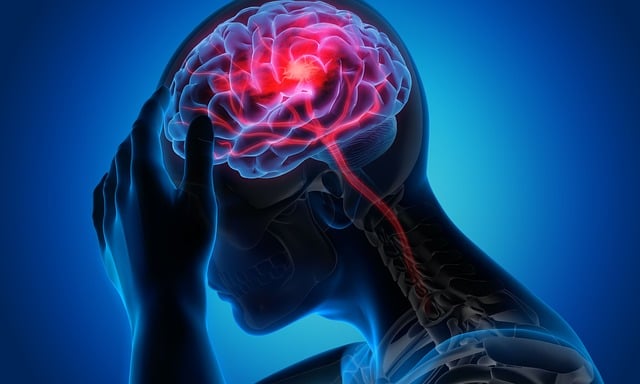
Chronic migraines, defined as experiencing headaches for at least 15 days in a month, have become a common and debilitating condition for millions of people worldwide. Not only do they cause physical pain and discomfort, but they also have a significant impact on a person’s quality of life and daily functioning.
So Why am I getting migraines? There is no one definitive answer to this question, as chronic migraines can be caused by a variety of factors such as genetics, hormonal changes, and environmental triggers. However, the good news is that there are strategies and treatments available that can help patients find relief from their symptoms and improve their overall well-being.
Table of Contents
Seek Personalized Treatment Plans
Migraine triggers and symptoms can vary greatly from person to person, making it essential to work with healthcare professionals who can tailor a treatment approach specifically for you. These personalized plans may include a combination of medication, lifestyle modifications, and alternative therapies to effectively manage and reduce the frequency and intensity of migraines.
By collaborating with your healthcare team and sharing detailed information about your migraine patterns and triggers, you can create a personalized treatment plan that addresses your unique needs and helps you reclaim control over your daily life. Remember, finding the right treatment approach may require patience and persistence, but the ultimate goal of finding relief from chronic migraines is worth the effort.
Prioritize Self-Care and Stress Management
Chronic migraines often have a strong connection to stress and lifestyle factors. By adopting healthy self-care practices and implementing effective stress management techniques, you can significantly reduce the frequency and severity of migraines. This includes incorporating activities that promote relaxation and well-being into your daily routine, such as practicing mindfulness or meditation, engaging in regular physical exercise, and ensuring adequate sleep.
Additionally, it is important to identify and address sources of stress in your life, whether it be through therapy, support groups, or making necessary changes in your work or personal life. By prioritizing self-care and actively managing stress, you can empower yourself to take control of your migraines and improve your overall well-being.
Explore Alternative Therapies
Alternative therapies encompass a wide range of approaches, including acupuncture, chiropractic care, biofeedback, and herbal remedies. These therapies are designed to complement conventional treatment methods and address the underlying causes of migraines by promoting body balance and reducing physical and emotional stress.
It is important to consult with a healthcare professional or specialist trained in these alternative therapies to determine which approach may be most suitable for your specific needs and to ensure their safety and efficacy. By exploring alternative therapies alongside traditional treatments, you may discover additional avenues for managing chronic migraines and improving your quality of life.
Communicate Openly With Healthcare Providers
Your healthcare team consists of professionals who possess the knowledge and expertise to guide you through your treatment journey. By openly sharing your symptoms, concerns, and treatment preferences, you enable them to tailor a comprehensive and personalized approach to managing your migraines.
Be proactive in asking questions, seeking clarification, and expressing any changes or challenges you may experience. Building a collaborative relationship with your healthcare providers will not only empower you as a patient but also ensure that you receive the most appropriate and effective care for your chronic migraines.
Conclusion
Chronic migraines can be a debilitating condition for patients to live with, but there are empowering strategies available to help find relief. From working with a healthcare team to exploring alternative treatments, patients have the power to take control of their condition and improve their quality of life.
With determination and perseverance, there is hope for a brighter future for those living with chronic migraines. Remember to always prioritize self-care and seek support from loved ones and medical professionals. Together, we can tackle chronic migraines and find relief.





